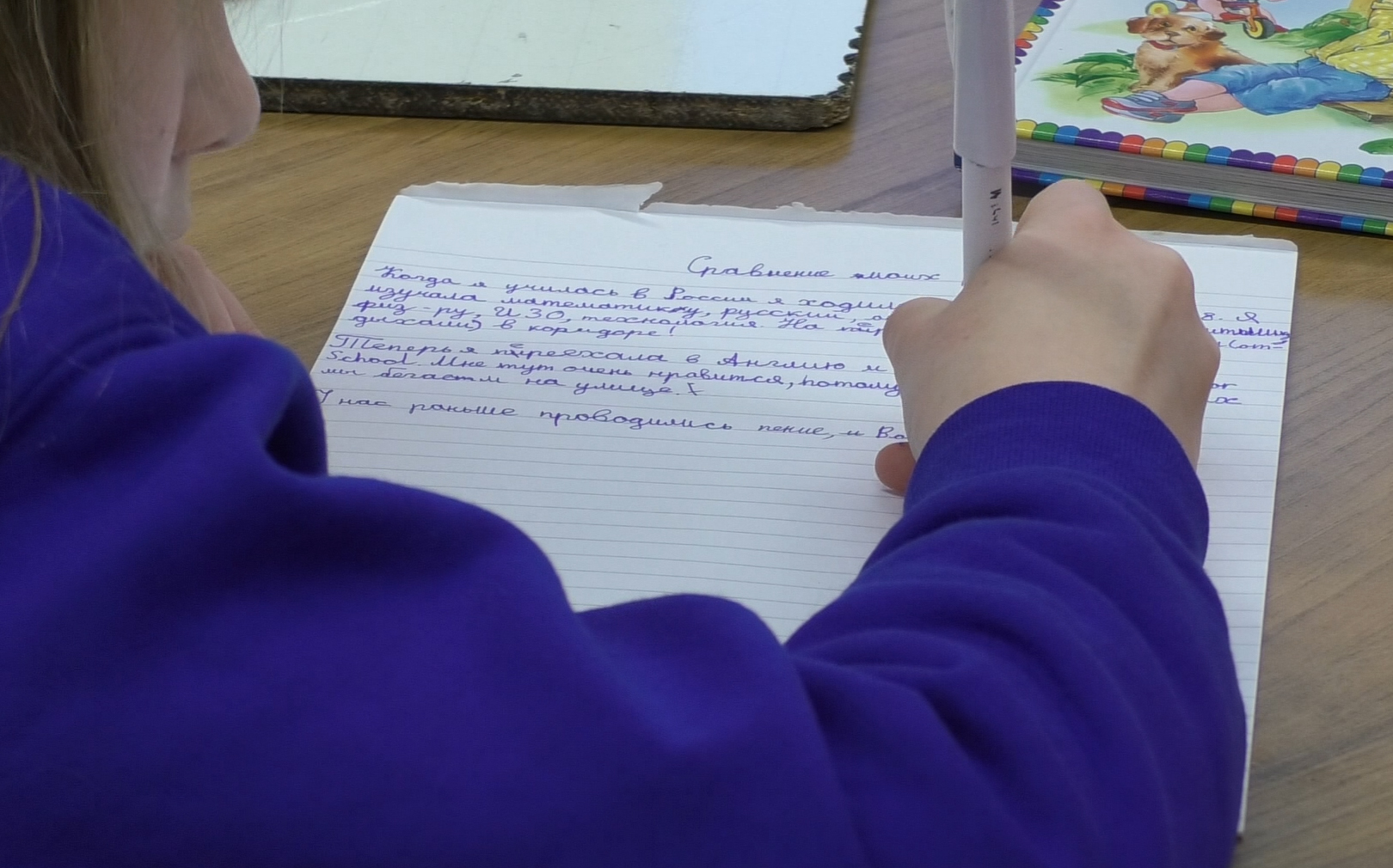Site blog
By Hampshire EMTAS Bilingual Assistant Luba Ashton

It can be very challenging for many school practitioners to start working with new EAL arrivals who have either very limited or no English language skills. In this situation, the school staff may have a lot questions and many of them can be about the pupil’s native, or first language skills:
Is the child speaking at an age appropriate level?
How proficient is this pupil in reading and writing?
Is the pupil working above or below age related expectations?
It is very important to find the answers to these basic questions sooner rather than later to start developing the pupil’s English skills with support of their first language prior knowledge and skills.
The best solution is always to invite an EMTAS bilingual assistant to carry out an assessment and get important insight in pupil's educational and cultural background. But when EMTAS are not immediately available, is there anything the school practitioners can do in the meantime, even when they do not share the pupil’s language?
It may sound surprising - but the answer is yes.
This is made possible with the help of the First Language Assessment E Learning resource, created by EMTAS. Using this E Learning tool, practitioners are given advice about how to carry out an assessment of pupil’s skills even in an unfamiliar language.
This resource will explain how to make judgement about reading proficiency; clarify comprehension, notice various features such as accent, intonation, expressing punctuation. It will also help to identify specific strengths and weaknesses in writing; handwriting, quantity, punctuation, self-correction etc.
The E Learning resource provides a practical step by step guide. It is structured into a few parts and gives very detailed instructions on how to assess listening, speaking skills and also reading and writing skills for pupils who are literate in their first language.
Other important steps explained are:
how to prepare for the first language assessment
how to guide and encourage the pupil
best practice to conduct the assessment
how to interpret the outcome of the assessment
how to use the results to further support the development of the pupil’s English skills.
The E Learning resource uses a real life case study of a new arrival Year 6 pupil, Maria. She is a native Russian speaker. The videos provide very useful guidance and enjoyable viewing. It is amazing how much you will be able to say about Maria’s Russian skills without being able to speak Russian!
The materials also provide users with a variety of interactive tools, a check list and links to other resources to support the assessment together with explanations of how to use and where to find them. It is set out to enable the practitioner to make an informed decision as to whether the pupil works at an age appropriate level and help highlight any potential issues.
Feedback from practitioners using this resource has been very positive and I am sure it will be a valuable support for the early assessment of EAL pupils. Visit Moodle for more information.
